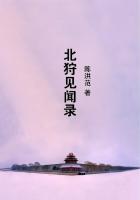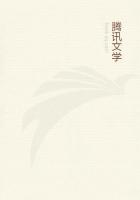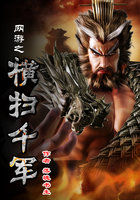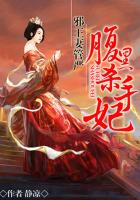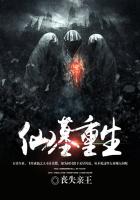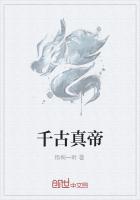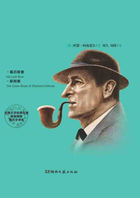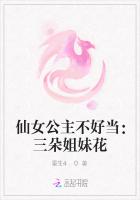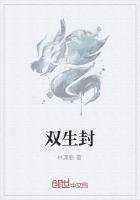EVERY systematic science, the humblest and the noblest alike, seems to admit of two distinct kinds of proficiency; one of which may be properly called scientific knowledge of the subject, while the other is a kind of educational acquaintance with it. For an educated man should be able to form a fair off-hand judgement as to the goodness or badness of the method used by a professor in his exposition. To be educated is in fact to be able to do this; and even the man of universal education we deem to be such in virtue of his having this ability. It will, however, of course, be understood that we only ascribe universal education to one who in his own individual person is thus critical in all or nearly all branches of knowledge, and not to one who has a like ability merely in some special subject. For it is possible for a man to have this competence in some one branch of knowledge without having it in all.
It is plain then that, as in other sciences, so in that which inquires into nature, there must be certain canons, by reference to which a hearer shall be able to criticize the method of a professed exposition, quite independently of the question whether the statements made be true or false. Ought we, for instance (to give an illustration of what I mean), to begin by discussing each separate species-man, lion, ox, and the like-taking each kind in hand inde. pendently of the rest, or ought we rather to deal first with the attributes which they have in common in virtue of some common element of their nature, and proceed from this as a basis for the consideration of them separately? For genera that are quite distinct yet oftentimes present many identical phenomena, sleep, for instance, respiration, growth, decay, death, and other similar affections and conditions, which may be passed over for the present, as we are not yet prepared to treat of them with clearness and precision. Now it is plain that if we deal with each species independently of the rest, we shall frequently be obliged to repeat the same statements over and over again; for horse and dog and man present, each and all, every one of the phenomena just enumerated. A discussion therefore of the attributes of each such species separately would necessarily involve frequent repetitions as to characters, themselves identical but recurring in animals specifically distinct. (Very possibly also there may be other characters which, though they present specific differences, yet come under one and the same category. For instance, flying, swimming, walking, creeping, are plainly specifically distinct, but yet are all forms of animal progression.) We must, then, have some clear understanding as to the manner in which our investigation is to be conducted; whether, I mean, we are first to deal with the common or generic characters, and afterwards to take into consideration special peculiarities; or whether we are to start straight off with the ultimate species. For as yet no definite rule has been laid down in this matter. So also there is a like uncertainty as to another point now to be mentioned. Ought the writer who deals with the works of nature to follow the plan adopted by the mathematicians in their astronomical demonstrations, and after considering the phenomena presented by animals, and their several parts, proceed subsequently to treat of the causes and the reason why; or ought he to follow some other method? And when these questions are answered, there yet remains another. The causes concerned in the generation of the works of nature are, as we see, more than one. There is the final cause and there is the motor cause. Now we must decide which of these two causes comes first, which second. Plainly, however, that cause is the first which we call the final one. For this is the Reason, and the Reason forms the starting-point, alike in the works of art and in works of nature. For consider how the physician or how the builder sets about his work. He starts by forming for himself a definite picture, in the one case perceptible to mind, in the other to sense, of his end-the physician of health, the builder of a house-and this he holds forward as the reason and explanation of each subsequent step that he takes, and of his acting in this or that way as the case may be. Now in the works of nature the good end and the final cause is still more dominant than in works of art such as these, nor is necessity a factor with the same significance in them all; though almost all writers, while they try to refer their origin to this cause, do so without distinguishing the various senses in which the term necessity is used. For there is absolute necessity, manifested in eternal phenomena; and there is hypothetical necessity, manifested in everything that is generated by nature as in everything that is produced by art, be it a house or what it may.
For if a house or other such final object is to be realized, it is necessary that such and such material shall exist; and it is necessary that first this then that shall be produced, and first this and then that set in motion, and so on in continuous succession, until the end and final result is reached, for the sake of which each prior thing is produced and exists. As with these productions of art, so also is it with the productions of nature. The mode of necessity, however, and the mode of ratiocination are different in natural science from what they are in the theoretical sciences; of which we have spoken elsewhere. For in the latter the starting-point is that which is; in the former that which is to be. For it is that which is yet to be-health, let us say, or a man-that, owing to its being of such and such characters, necessitates the pre-existence or previous production of this and that antecedent; and not this or that antecedent which, because it exists or has been generated, makes it necessary that health or a man is in, or shall come into, existence.

